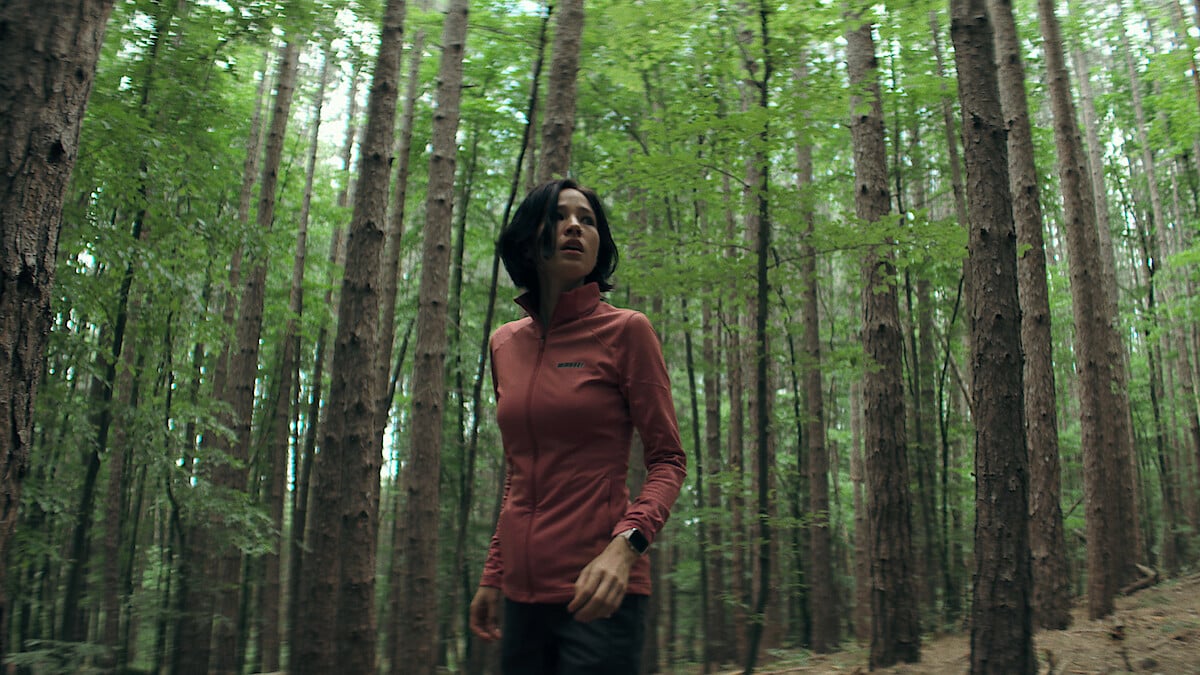It’s no controversial statement that we don’t expect much of Netflix original films these days. Every studio has their stinkers, but between the likes of Uglies, Atlas, Lonely Planet, Mother of the Bride, and the Rebel Moon films, it’s becoming a bit too easy to keep our hopes down.
But we’d nevertheless be remiss to act as though there hasn’t been some solid in-house output amidst the schlock as well. The likes of It’s What’s Inside, Outside, May December, Rebel Ridge, and Mank are just a couple such titles that have rolled up in the last few years, and the latest to join their ranks is Don’t Move, the Sam Raimi-produced survival thriller that’s making quite the play on the charts right now.
Per FlixPatrol, Don’t Move is seated firmly at the top of Netflix’s film rankings in the United States at the time of writing, exceeding a fellow Netflix original homerun Woman of the Hour in third place, and the Will Smith-led franchise blockbuster Bad Boys: Ride or Die in sixth place.
The film stars Kelsey Asbille as Iris, a grieving mother who visits the mountainous site of her son’s death one morning, intending to commit suicide by jumping off the side of the cliff. She ultimately decides against it, but as she’s leaving, she’s attacked by a serial killer, who injects her with a potent paralysis syndrome that will slowly render her body non-responsive for several hours. Using nothing but her wits and increasingly limited motor capabilities, Iris must fight to escape the killer’s clutches.

Many a horror video game has tapped into the power of an immovable-and-therefore-helpless protagonist before, and Don’t Move very much takes advantage of a similar tension. Rescue being the only thing the protagonist can rely on doesn’t sound very cinematic on paper, but Don’t Move has several strengths that make such a tactic work (chief among them the fact that, simply as a jolt to the system, it’s a terrifying watch for obvious reasons).
Asbille’s performance is one of them. One would imagine it’s quite the ask to have an actor play a character that only moves their eyes for the majority of the runtime, and it’s an occasion she rises to splendidly, with urgency and mile-a-minute thinking radiating off her body at all times.
Most prominently, however, is Don’t Move‘s thematic backbone built entirely of grief. Throughout the film, the nuances of that emotion are put on full display; Iris goes from having lost all hope to literally fighting tooth and nail to stay alive, and the many characters that grief is shown to affect in different ways — from Iris, to one of her would-be saviors, to even the serial killer themself — underlines the fact of grief’s power without absolving the individual of any sort of responsibility. Grief, it must be noted, is hardly limited to the death of a loved one.
Don’t Move‘s ending does admittedly slip away from itself quite a bit, even if there’s a symbolic heft to the manner in which Iris ultimately survives her closing predicament. When all is said and done, though, it’s a technically astute, mostly well-scripted hair-raiser that, importantly, is patient zero of its nerve-wracking (nerve-deadening?) premise, and it’s got a hell of a chart as a result.











Published: Oct 30, 2024 04:36 pm